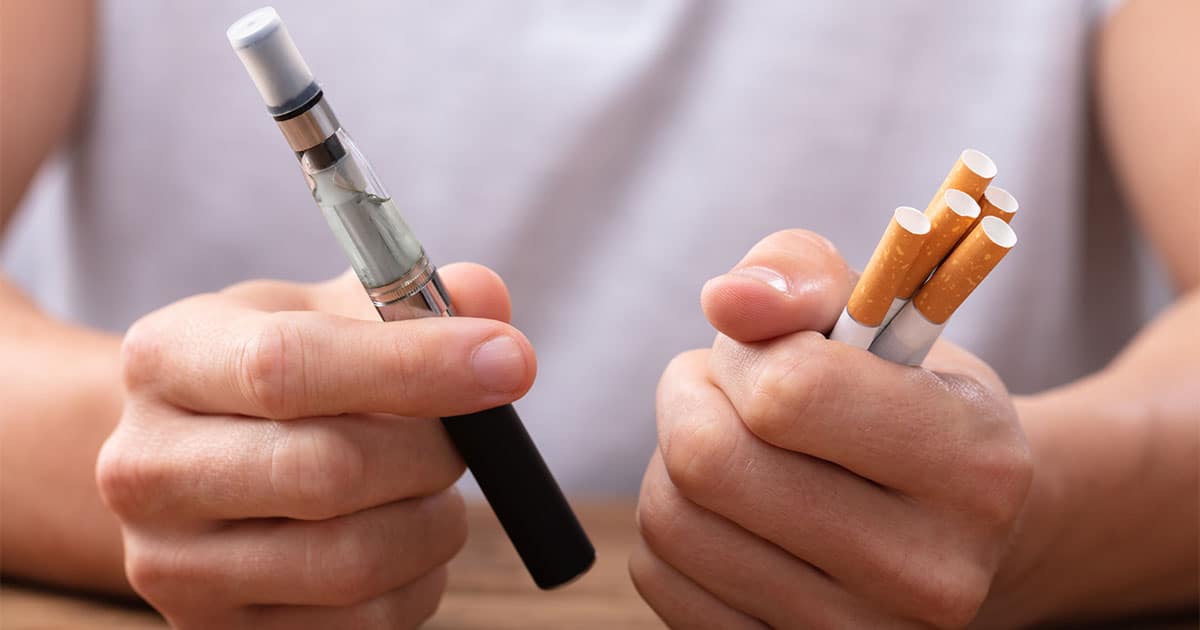
When your mouth is healthy, it’s happy. Your pearly whites are more likely to sparkle, and you can prevent bad breath, tooth decay, and gum disease by taking care of your teeth.
If you want to improve your oral health and dental hygiene, you’re in luck: it’s simple! Setting these five habits can help you take charge of your oral care and keep your mouth healthy.
1. Book an Appointment
When was the last time you saw your dentist? If you can’t remember your last appointment, it’s time to give them a call.
A standing appointment with your dentist is one of the best ways you can protect your teeth. Aim to book a regular cleaning at least once a year, as this can remove plaque buildup that leads to cavities and gum disease. It’s also a chance for your dentist to catch these issues when they’re easiest to treat — not to mention more affordable.
Significant tooth decay, accidents, and dental emergencies may require your dentist to pull some teeth. If so, you may consider finding a leader in denture technology for a set of dentures. They can fill the gaps in your teeth with full or partial dentures, restoring your smile and confidence.
If you currently wear full or partial dentures, the same rules apply. You should visit your denturist regularly to ensure your dentures continue to fit properly.
2. Choose a Better Toothbrush
You’ve probably been brushing your teeth since before you can remember, but there’s a chance you’ve been doing it wrong all these years.
It all comes down to your equipment and technique.
Brushing aggressively with a hard-bristle brush may seem like it does a better job of cleaning, but this habit does damage to your gums. The Journal of Clinical Periodontology calls it “traumatic tooth brushing,” and it can lead to gum recession and lesions.
To protect your gum health, switch to a soft-bristled brush or an electric toothbrush. Be gentle; use short, circular brush strokes over the surface of your teeth at least twice daily for two minutes each time. If you wear dentures, follow these tips to keep them sparkling clean.
3. Commit to Flossing
“How often do you floss?” is one of the first questions a dental hygienist will ask you when you sit down for your cleaning. And, if you’re like many people, you lie.
A survey from the American Dental Association shows that 44 percent of respondents exaggerate how much they floss when asked by their dentist.
The same survey reveals most people use a variety of items other than dental floss to get things out of their teeth — from fingernails to cutlery and strands of hair.
Like brushing, flossing is one of the cornerstones of good oral health. It removes debris and breaks down plaque, and, when you use the right tools, you’ll do it without damaging your gums.
If you find it difficult to use ordinary dental floss, try adding these alternatives to your routine:
- Interdental brushes
- Water flossing
- Dental picks
- Pre-threaded floss
4. Watch What You Drink
How you quench your thirst has a significant impact on your oral health. Soft drinks, wine, and fruit juices combine low pH levels with high sugar content. Together, they wear away enamel and leave you vulnerable to cavities and tooth decay.
So, the next time you find yourself thirsty, grab a cup of water. Regular H2O rinses away the acids and bacteria that attack enamel, and it keeps you hydrated.
Don’t worry if you’re bored already by the suggestion of drinking plain old water; it isn’t the only drink with a low pH level you can sip. For more teeth-friendly beverages, check out this list here.
5. Eat a Balanced Diet
A balanced diet supports a healthy immune system and gives you the fuel to get through the day. But did you know eating the right foods will also boost your oral health?
When making your meal plan, you want to pack your diet with foods high in calcium. This bone-building mineral strengthens your enamel so that it can stand up to bacteria and cavities.
Doctors recommend you should get 1,000–2,000 mg of calcium a day. Hitting these targets will be a cinch when you add the following snacks to your diet:
- High-fiber leafy greens, including spinach and kale
- Dairy products like cheese, yogurt, and milk
- Nuts such as almonds, sunflower seeds, and hazelnuts
- Canned fish with bones like salmon and sardines
The Takeaway
It’s easy to think your oral care hinges on complicated dental procedures and appliances. While these are important, so are your daily habits.
Pay attention to your day-to-day routine to improve your dental hygiene and oral health. Small decisions like what you eat and how you brush can have a big impact on your teeth and gums.




